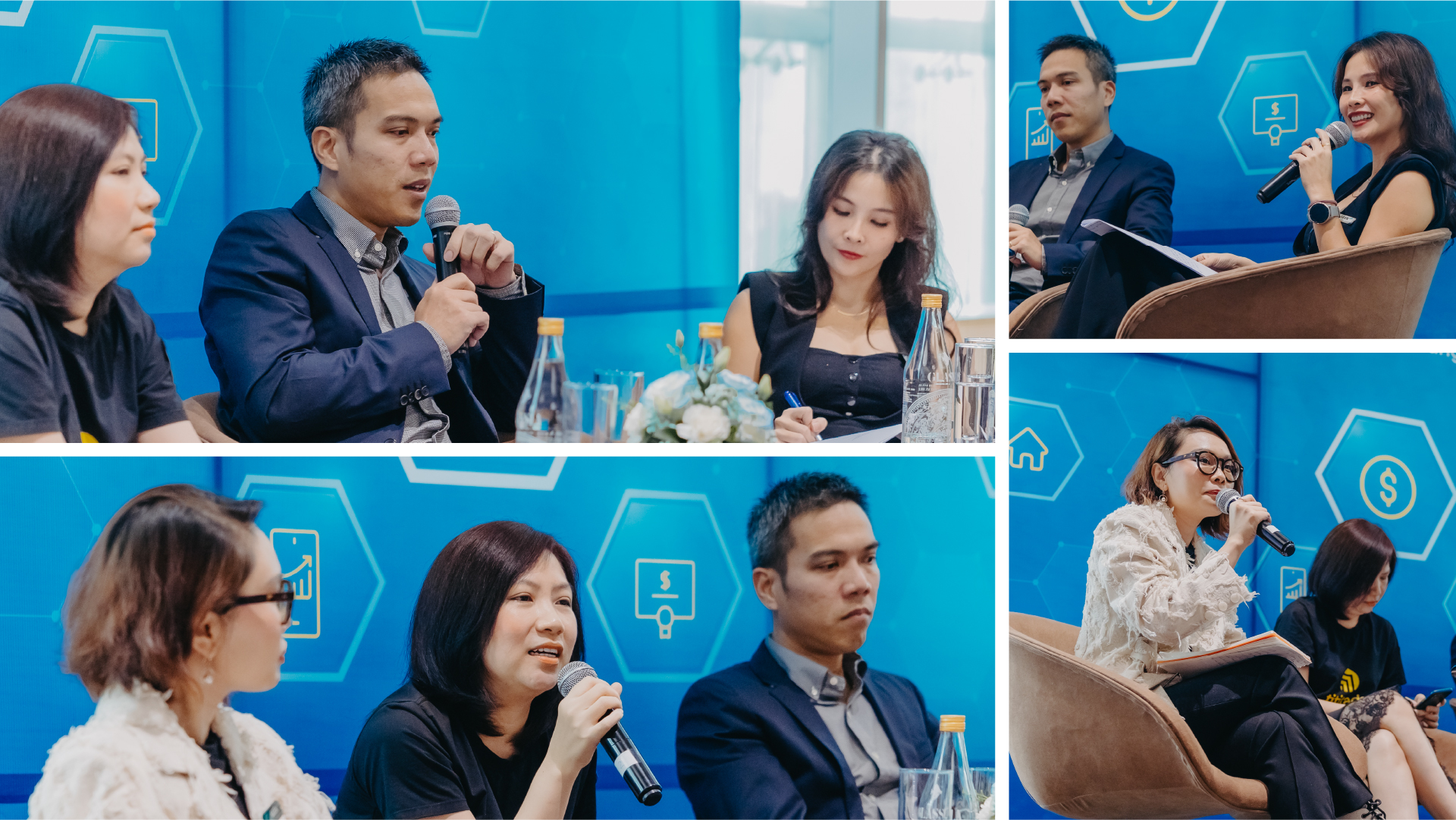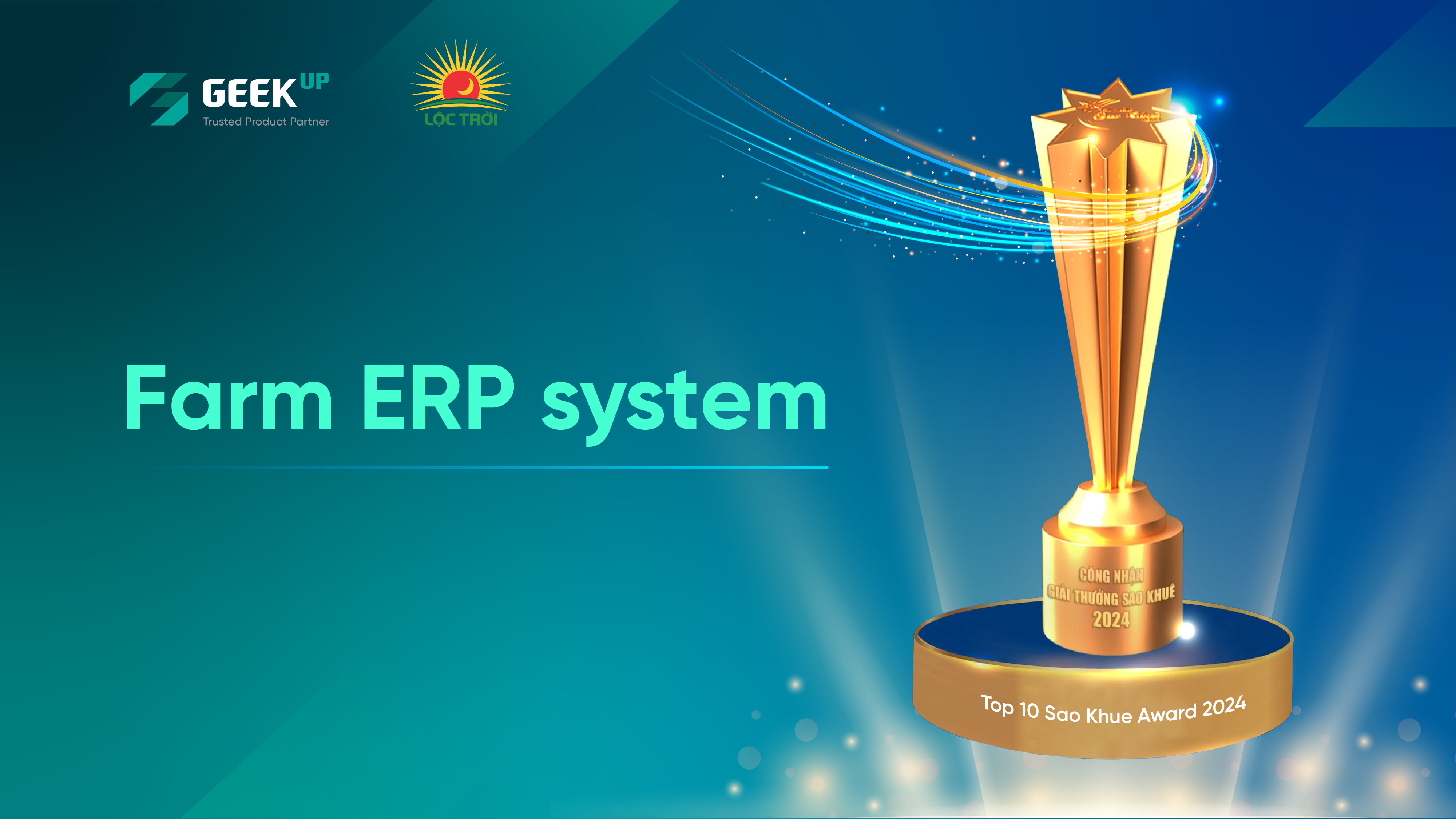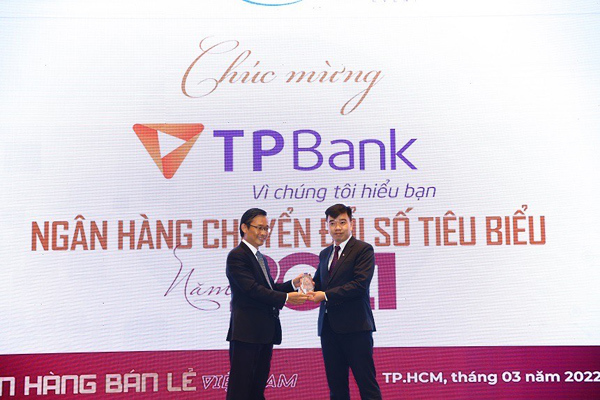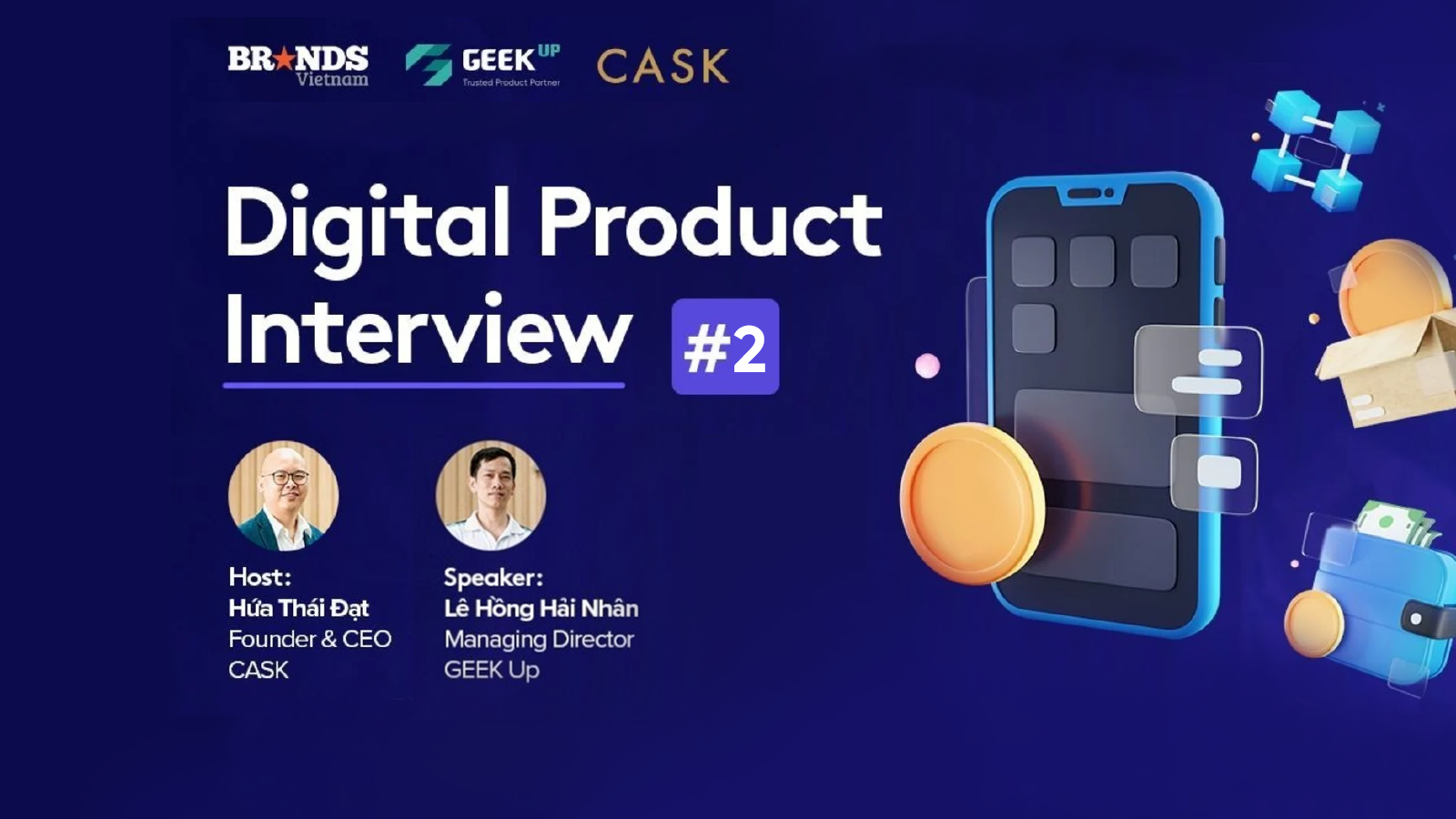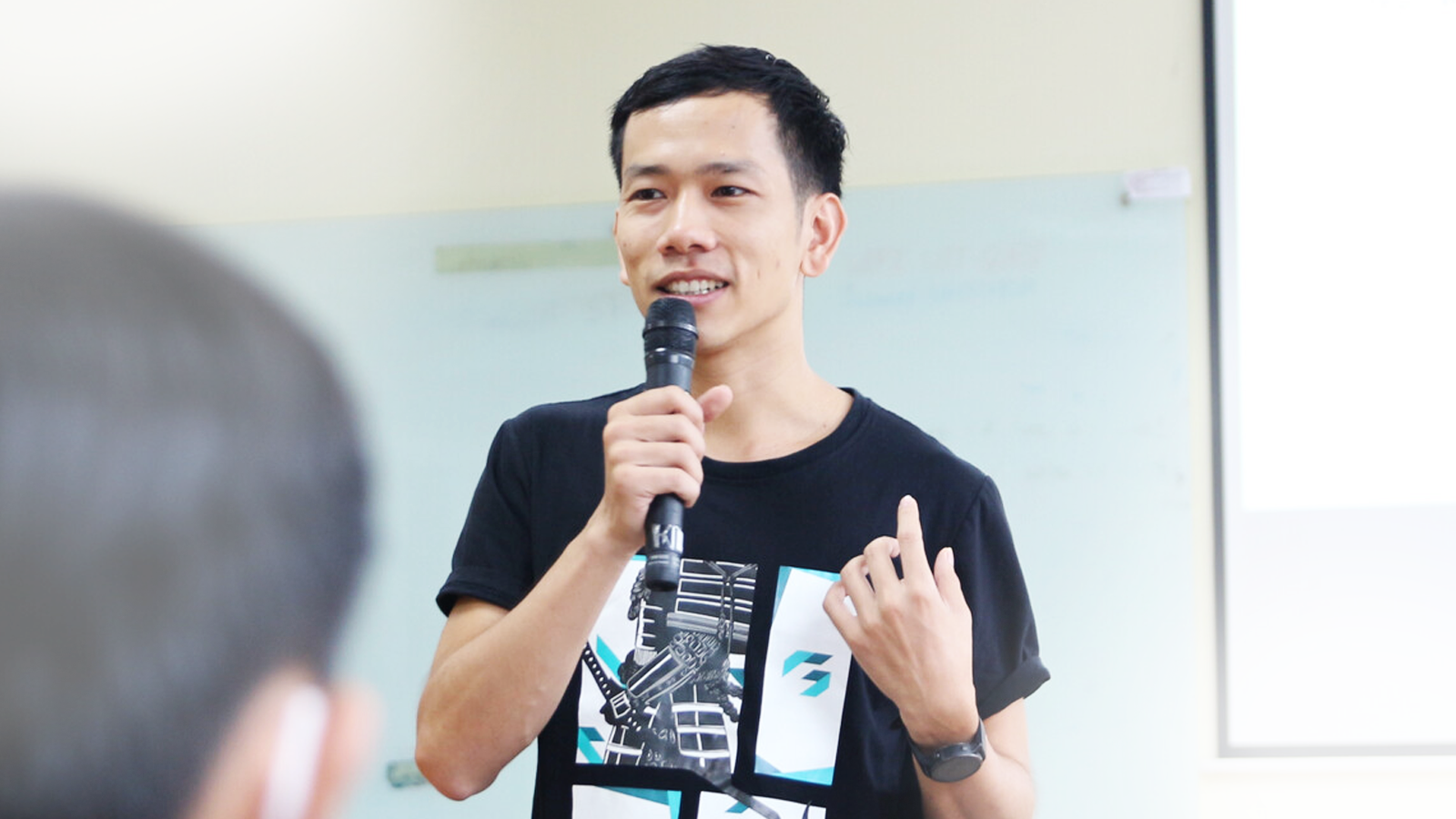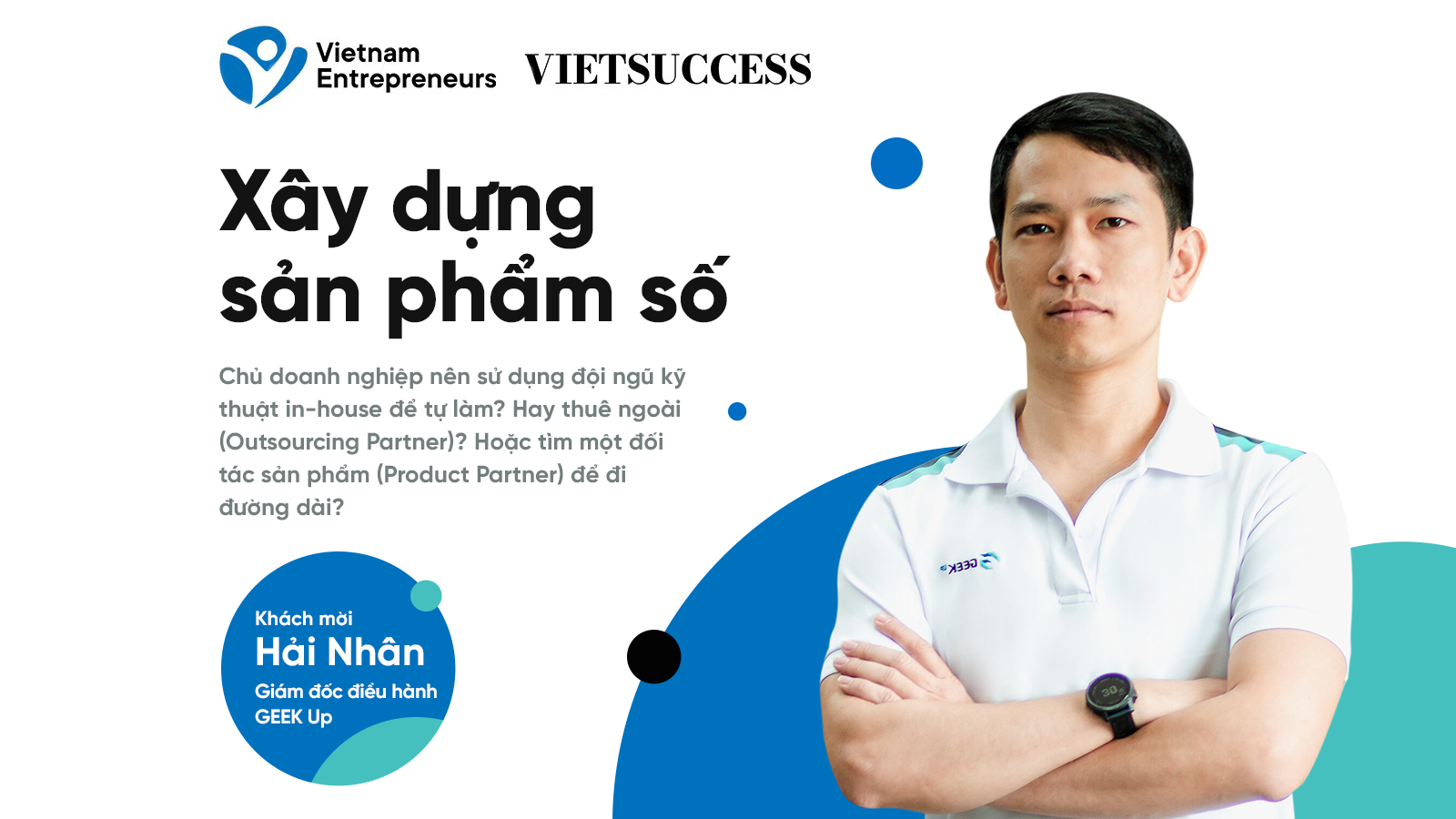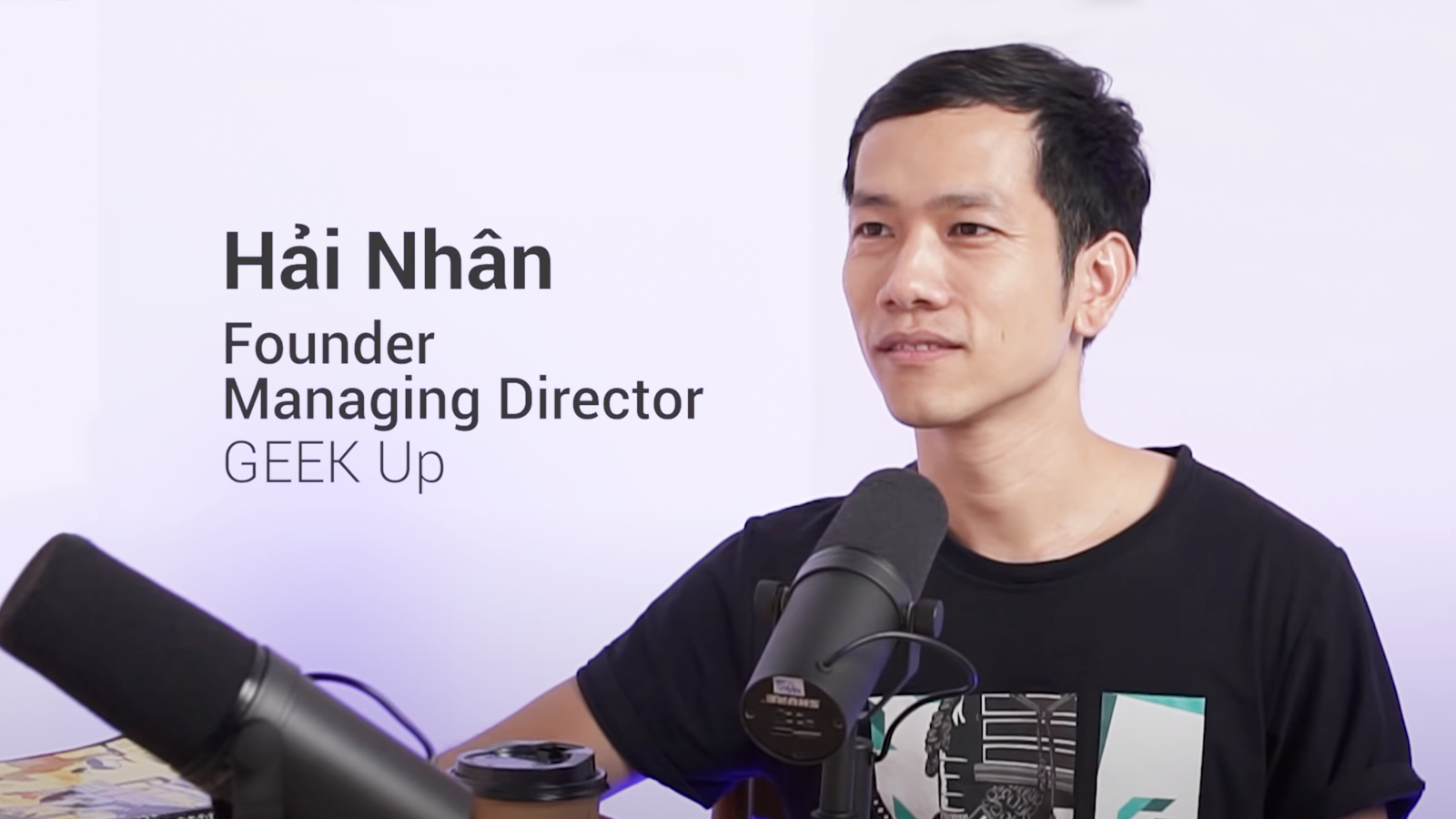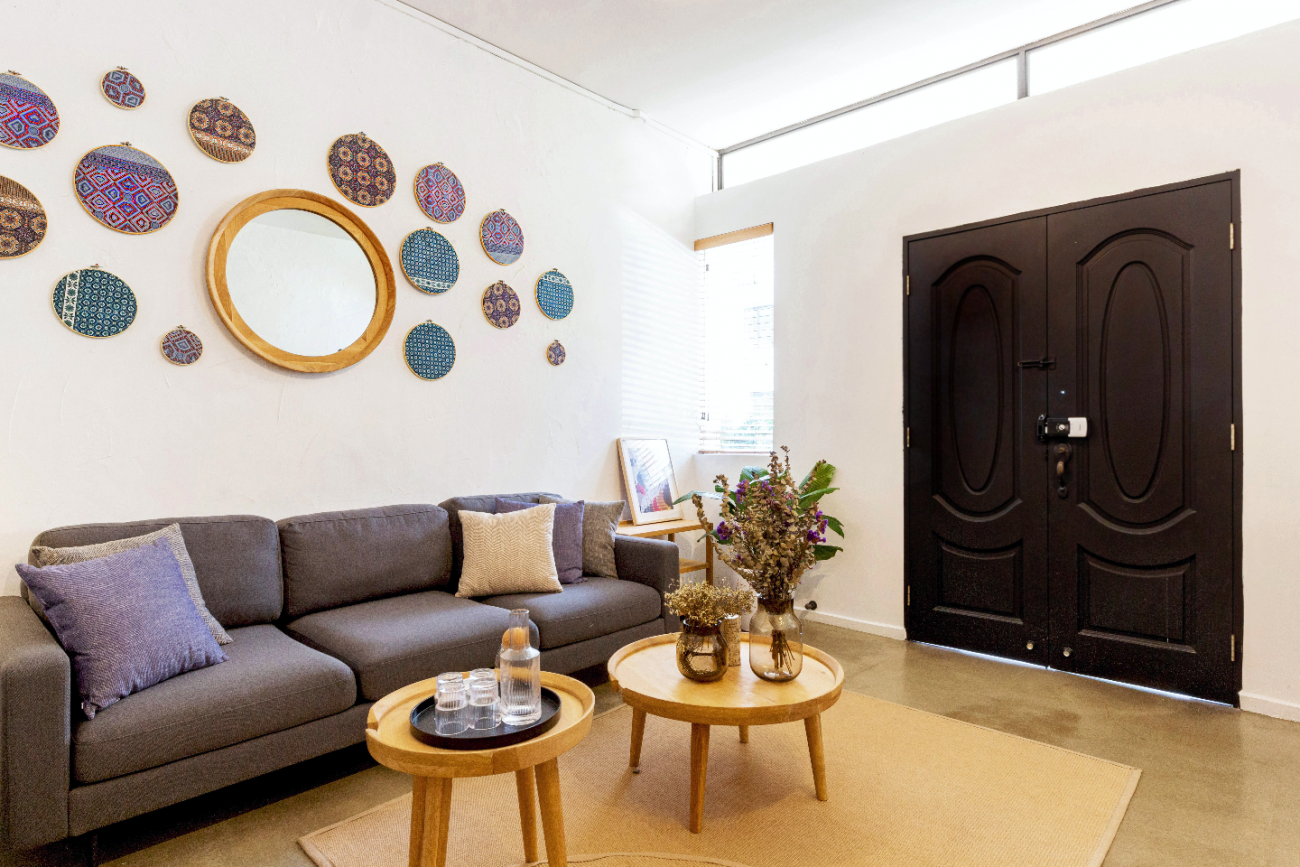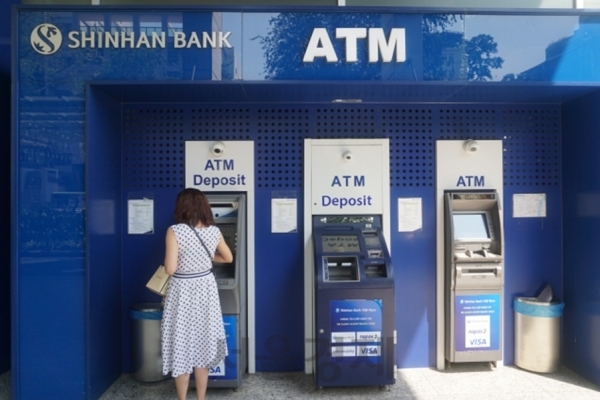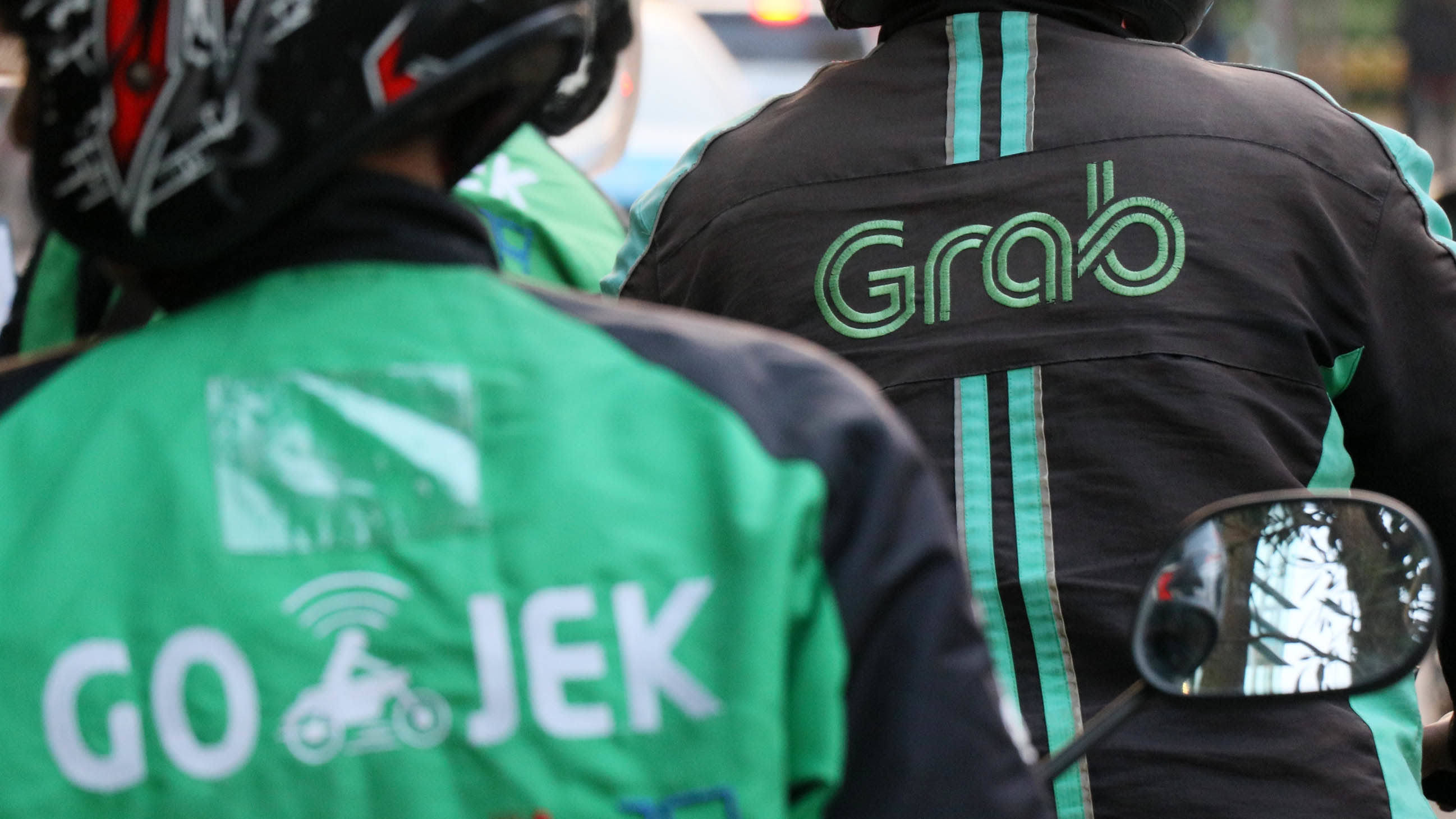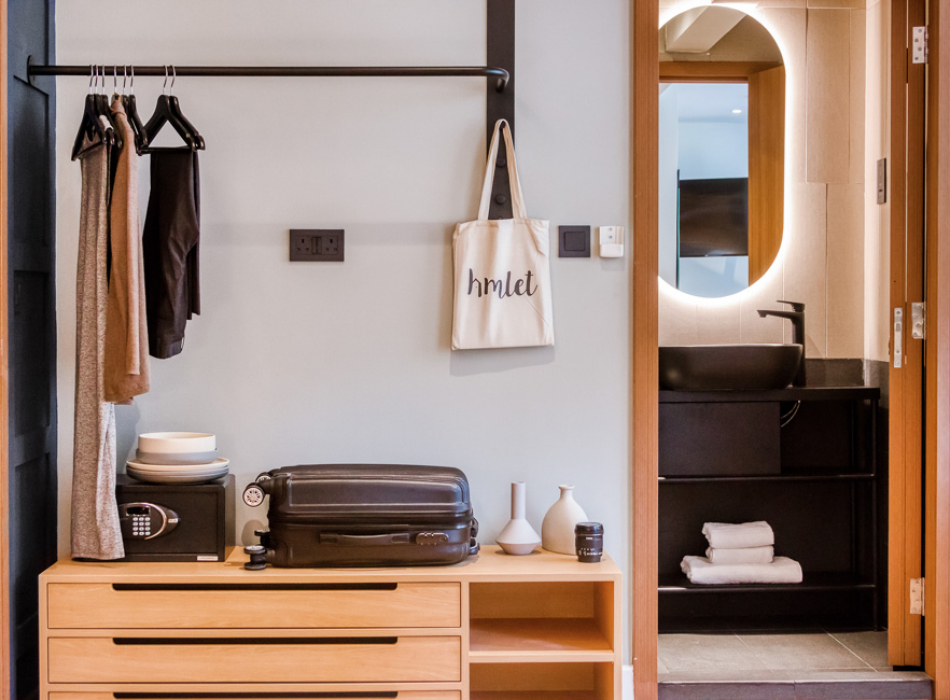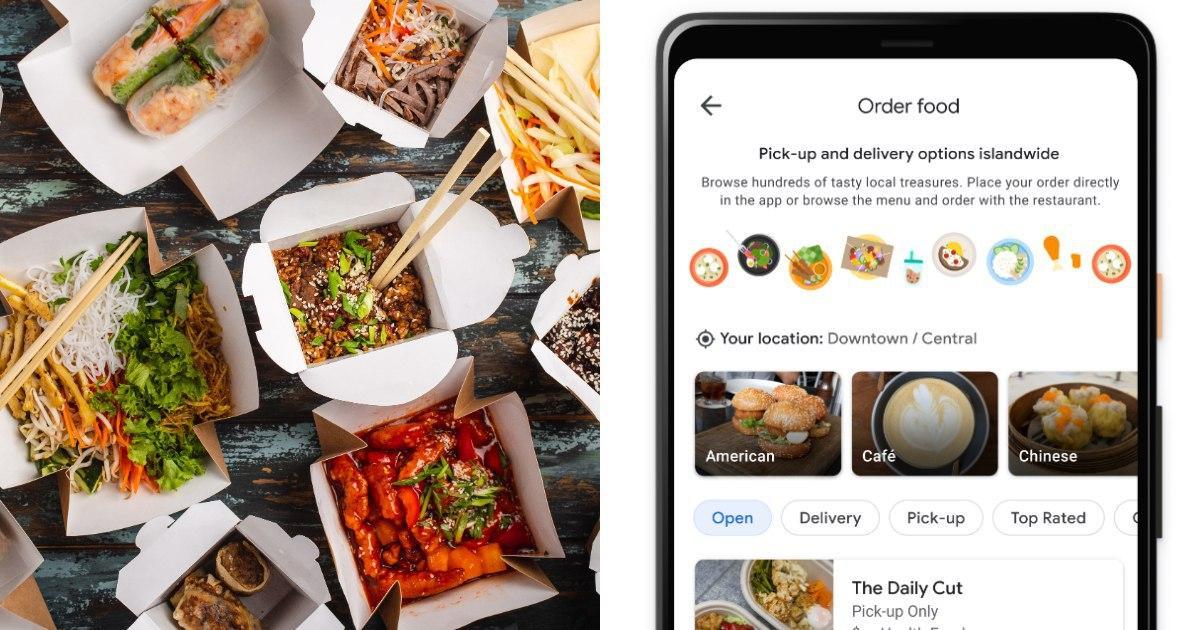November 29, 2020
Vietnam corporate giants race to open drugstores
Viewing them as veritable cash cows, Vietnamese corporate giants like Vingroup, FPT and Mobile World are racing to open drugstores
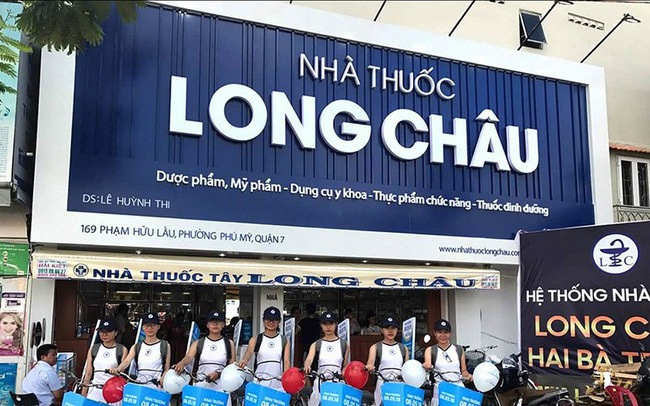
Viewing them as veritable cash cows, Vietnamese corporate giants like Vingroup, FPT and Mobile World are racing to open drugstores.
Pharmacity, a leading Vietnamese drugstore chain based in Ho Chi Minh City, celebrated the opening of its 200th store on in mid-May. In April 2018, little more than a year ago, it had just 100 stores. The chain grew an average of 15 stores per year from 2011, when it was established, to 2017.
In May, Vietnam-focused private equity fund Mekong Capital announced it had begun to provide financing to Pharmacity, but did not disclose how much it was investing. With the funding, Pharmacity announced plans to enlarge its network to more than 1,000 stores across Vietnam by 2021.
FPT Retail, Vietnam's second-largest mobile phone retailer, also revealed plans in March to increase the number of its Long Chau pharmacy stores to 70 this year.
When FPT Retail bought the local pharmacy chain in 2017, it had just four stores. The chain now has 35 drugstores in HCMC and other provinces.
The company invests around VND1.5 billion – 2 billion ($64,600 - $68,200) to open a new store, Nguyen Bach Diep, chairman and CEO of FPT Retail, told VnExpress.
"The first six months after opening, each pharmacy earns on average about VND1.6 billion ($68,900) a month, and breaks even in about 3-6 months, depending on the location. FPT Retail aims to develop by 2022 a network of 700 pharmacies with expected revenues of VND6 trillion ($258 million) a year," Diep said.
Vingroup, Vietnam’s largest private conglomerate, currently operates 38 VinFa drugstores in the country, just six months after opening its first.
VinGroup introduced its pharma brand with the simultaneous opening of 11 stores in November 2018 with an initial investment of VND2.2 trillion ($94.78 million), which it said would also go into research and development of pharmaceutical drugs.
Top Vietnamese electronics retailer Mobile World Group also acquired the Phuc An Khang pharmacy chain in December 2017, while Digiworld last year unveiled plans to join the drug distribution business via M&As with existing drugstores.
"Healthcare is a big market is Vietnam. Apart from Western medicines and vitamins, functional food is a future trend. We are waiting for the right opportunity to find a joint venture in this market," said Nguyen Duc Tai, chairman of Mobile World.
Before the foreign hordes come
Vietnam's electronics retailers have been rushing to expand their drugstore businesses, looking to gain a foothold in this segment before the country allows greater access to foreign players, the Nikkei Asian Review has observed.
Vietnamese law prohibits foreign-invested enterprises and their branches from operating in pharmaceuticals distribution and retailing, but allows foreign enterprises to distribute their drugs by establishing a joint venture with local partners.
But a full opening of the market to foreigners is widely seen as inevitable, spurring local retailers to act before the competition intensifies. They also see room for the industry to grow further.
Electronic retailers looking to diversify their business are apparently the first to have latched on to the drugstore trend.
The Ministry of Health said that most of Vietnam's current 57,000 drugstores are small businesses run by families, Nikkei reported.
Last week, Japanese drugstore operator Matsumotokiyoshi Holdings told Nikkei Asian Review it plans to expand into Vietnam as increasingly health-conscious consumers in these markets are expected to fuel demand for Japanese nutrition supplements and cosmetics.
The Vietnamese operations will be run through a joint venture with Ho Chi Minh City-based Lotus Food Group, with which Matsumotokiyoshi said it has reached a basic agreement.
"Vietnam is an emerging market, so there's plenty of room to open new stores," a representative of the Japanese company said, adding that he expected Vietnam’s pharma market to grow at 10 percent annually in the next 5 years.
Leading Swedish pharmaceutical firm AstraZeneca announced in May plans to invest $220 million to expand its presence in Vietnam, while Japan’s Taisho Pharmaceuticals in March registered to purchase 21.7 percent of DHG Pharma, a leading drugs producer in Vietnam, to raise its shareholding to 56.69 percent.
According to market research firm IBM Research, Vietnam’s pharmaceutical market is worth around $4.7 billion, and likely to grow to $7.7 billion by 2021 and reach $16.1 billion by 2026, with an average CAGR (compound annual growth rate) of 11 percent per year.
2 likes
Get latest updates from GEEK Up
Our email packed with digital product insights, trends and case studies.



